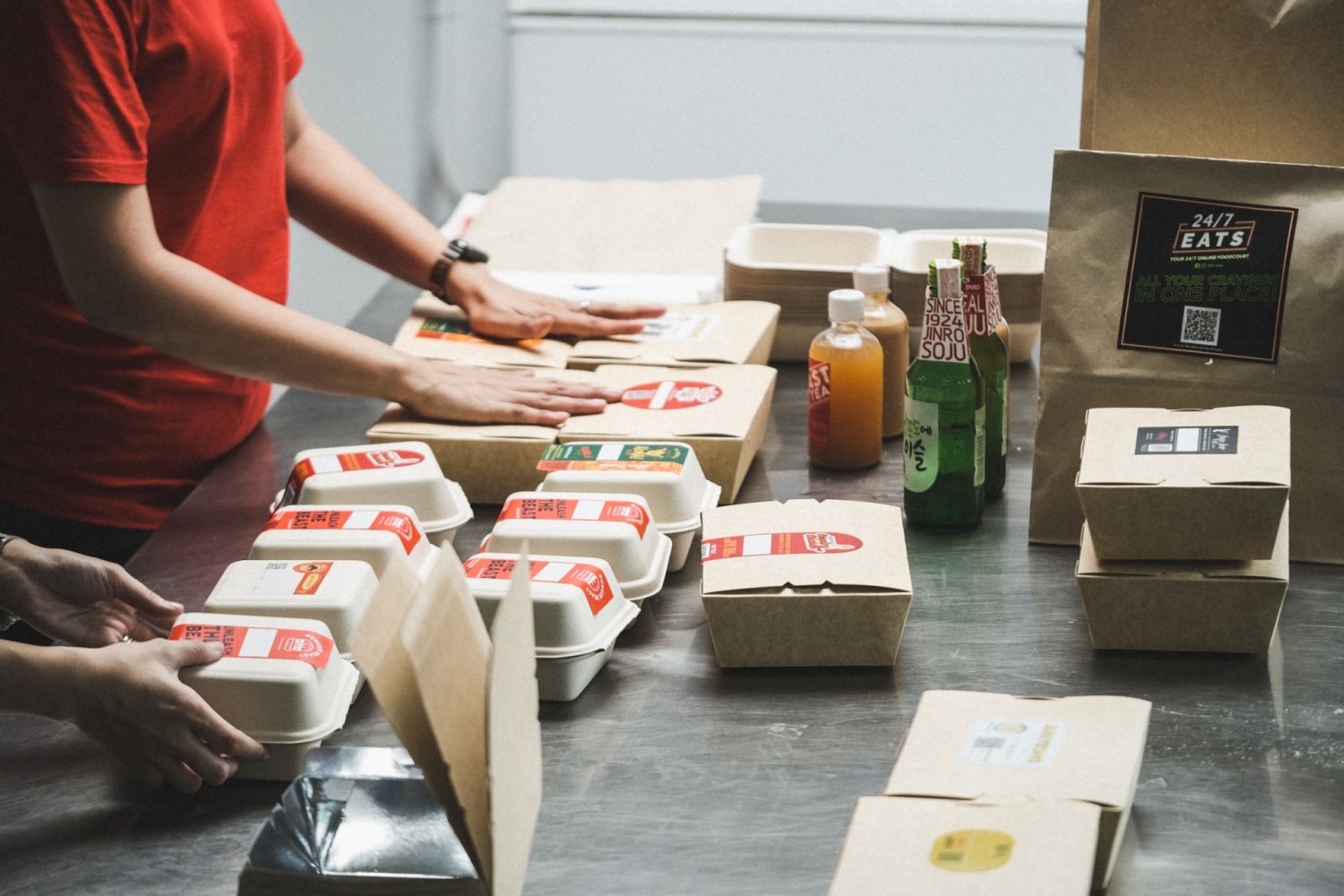When Metro Manila was gripped with lockdowns, the food and beverage industry had to find ways to get their products to their customers. The rise of cloud kitchens soon took hold and is proving to be much more than a trend
Aside from the hospitality industry, the other business that was hit hardest during the worst pandemic of our generation is that of food and beverage. Dining out was so deeply ingrained into our daily habits, especially in the faster-paced lifestyle of city dwellers, where grabbing a quick meal was as simple as popping into any mall.
Gatherings among family and friends are usually within the comfortable confines of a favourite restaurant or watering hole. Dining out was the sacred weekend ritual we rewarded ourselves with for tedious weekdays. When COVID-19 hit, these were rendered impossible with most of the population forced into isolation at home, and venues once buzzing with happy chatter and rambunctious laughter, fell suddenly silent.
Many business owners fumbled around given this new and unfamiliar social landscape, and those who faltered eventually faded away. Still, there were those who accepted the changes and realised that they need to evolve with it, and fast.
See also: How Has Dining In The Philippines Changed Through The Pandemic?

1. Kraver's Canteen




